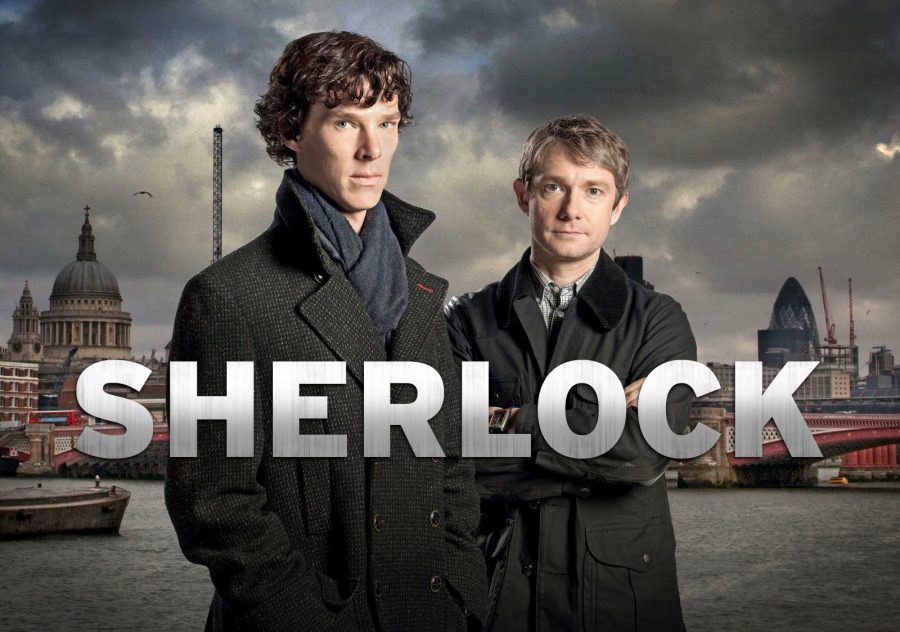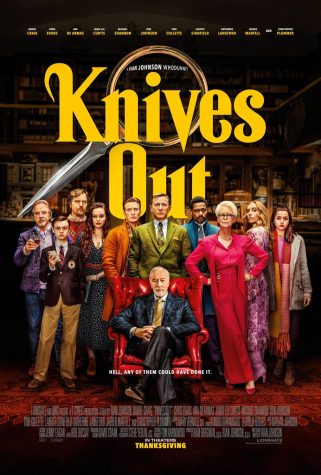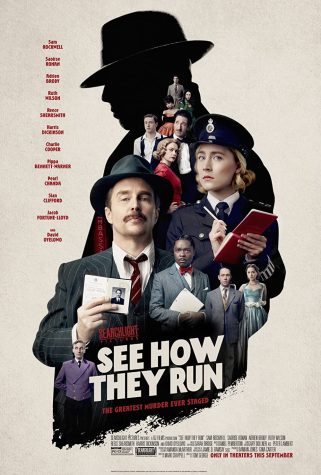BBC’s “Consulting Detective”
Sir Arthur Conan Doyle wrote four novels and 56 short stories about one very specific man, a man still quoted and remembered to this day: Mister Sherlock Holmes, the cold, calculating scientist lost in his brain palace. He is joined by his companion Dr. John Watson, a medical doctor and survivor of the Afghanistan War .
Ever since these characters and their world have come into the public domain, multiple TV shows have been introduced. For example, “Elementary” is a TV show in which Sherlock (played by Jonny Lee Miller) lives in modern day New York and helps out the NYPD, accompanied by a female version of Watson (played by Lucy Liu). There have also been two “Sherlock Holmes” movies, featuring Robert Downey, Jr. as Sherlock and Jude Law as Watson. However, this second franchise takes place in the late 1800s, featuring the dynamic duo as they fight to save London from falling into darkness.
BBC’s “Sherlock,” however, rises above the crowd. The other shows are unique because of their actors and setting, but BBC’s version has its own air to it and is able to bring Doyle’s characters to life like never before. Directed by Steven Moffat (who also directed “Doctor Who,” the series takes place in modern-day London, with the stunning Benedict Cumberbatch as Holmes and Martin Freeman as Watson. The show wholeheartedly embraces modern elements of life such as cell phones, text messages and cabs, which help give the audience of the feeling that this could really happen. In each episode, Holmes tries to solve one “minor” mystery by , in addition to further progressions of a bigger plot in each episode. The show delivers the satisfaction of solving a mystery and being entertained in the moment while simultaneously figuring out something bigger and darker.
One of the primary reasons the show is successful is because of the actors. First and most importantly, Sherlock is played by the one and only Cumberbatch. No one else can play the role like he does; Cumberbatch seems to have jumped straight out of the novels with his cold, calculating demeanor, high IQ and indifferent banter. However, Cumberbatch breathes new life into the character, putting emphasis on Sherlock’s boredom. In the book, this is a minor issue, but, in the TV series, the concept is drawn out with scenes like shooting a wall and overdosing on nicotine patches to keep himself occupied. His boredom is what drives him to dash out the door, coat flying behind him, as he investigates the most recent murder, dragging Watson along.
All of the other characters fit their parts perfectly, from the women to Moriarty to Miss Hudson; there is no oddly-cast character. One could not ask for a better cast. One may even venture to say that Doyle would be proud.
But above all else, what’s most important in the story? The plot. Do the writers actually stick to Doyle’s original stories? Yes! Absolutely! Most of the stories and characterizations in the show come straight from the book, such as Sherlock using nicotine patches and playing the violin while living with Watson. And, while there may be slightly different plot points or modern elements, the story not only holds up to the books, but goes beyond.
Take, for example, Sherlock’s mind palace. His “mind palace” is basically his “hard drive,” where he stores information he may need at a later time and keeps it tucked away for future use. However, he only chooses to keep certain information he deems useful in his mind palace, which is why he can know facts about tobacco ashes, for example, but perhaps not the order of the solar system. One particular time when Sherlock has to retreat into his mind palace after getting shot, we see what is going through his head and the people he loves. This probably could have been the most mediocre scene in the show, but instead it was the most dramatic, heart-wrenching, beautiful scene (accompanied by more than fitting music).
Or the fact that Watson is supposed to write in his diary to recover from his time in the war, but instead he runs a blog about Sherlock and their investigations, which Sherlock finds absurd, just like the book Sherlock found Watson’s stories about their adventures absurd. I would venture to say the show goes above and beyond the actual book itself.
There are so many layers to what makes a great show: the characters, plot, lighting, sets, music and more. BBC’s “Sherlock” blows all these points out of the water. The music fits so well, you don’t even notice it. The stunts in the show are simply flawless and have you thinking, “Only Sherlock could do that.” The sets both stay true to the book and go beyond it; there’s even a lab in the kitchen! The characters, as I have already described, are simply divine, but they go so much deeper in that you connect with them, you live with them, you cry with them, you cry for them, you scream at them and sometimes you just want to reach through the screen and slap some sense into them. You simply wish you could hug Molly Copper, slap Moriarty or insult Inspector Lestrade. For each (roughly) 90-minute episode, you are lost in a world of murder and backhanded insults and betrayal and a ticking clock. And it’s addicting. It will leave you crying in a corner and waiting till you can get that next episode. It is the best and worst. Because, with all the different components coming together just right, it does not feel like a show; it feels like you’re standing there completely submerged in a different reality. And at its heart, that is what every show aspires to accomplish.
This show honestly does not get enough praise from the public. With its chemistry, plot lines, music, characters, sheer sarcasm, one-liners and touching moments, anybody willing to take a seat will be captivated. One might even say they would be Sherlocked.







